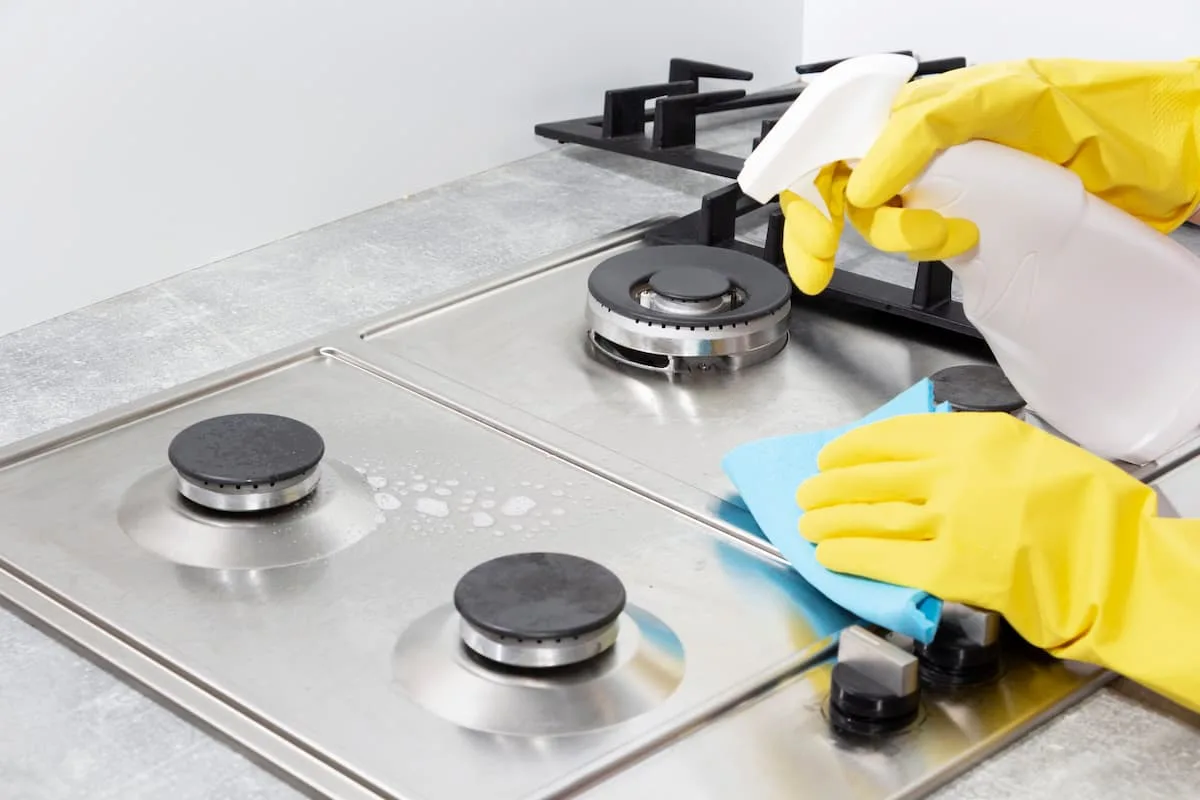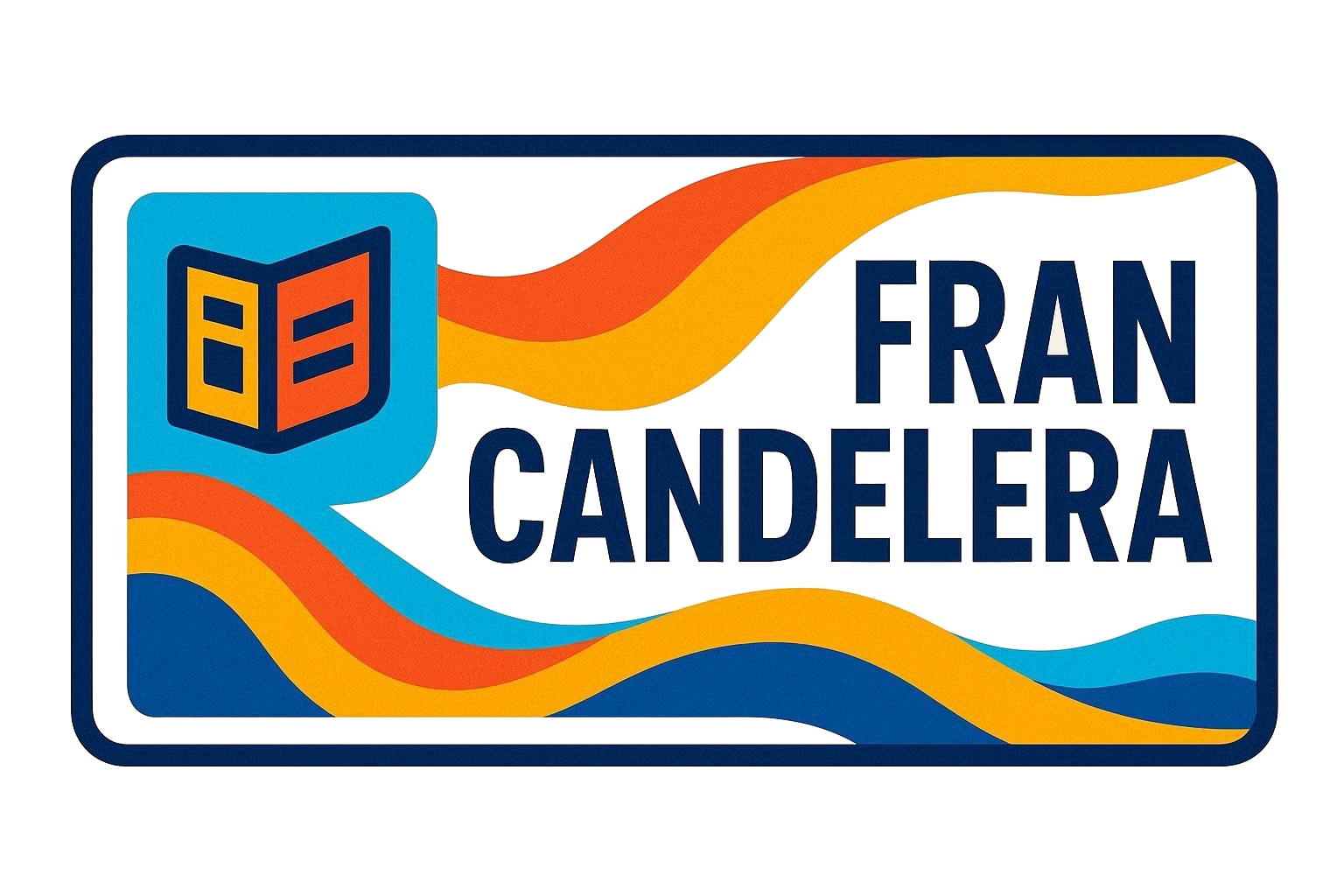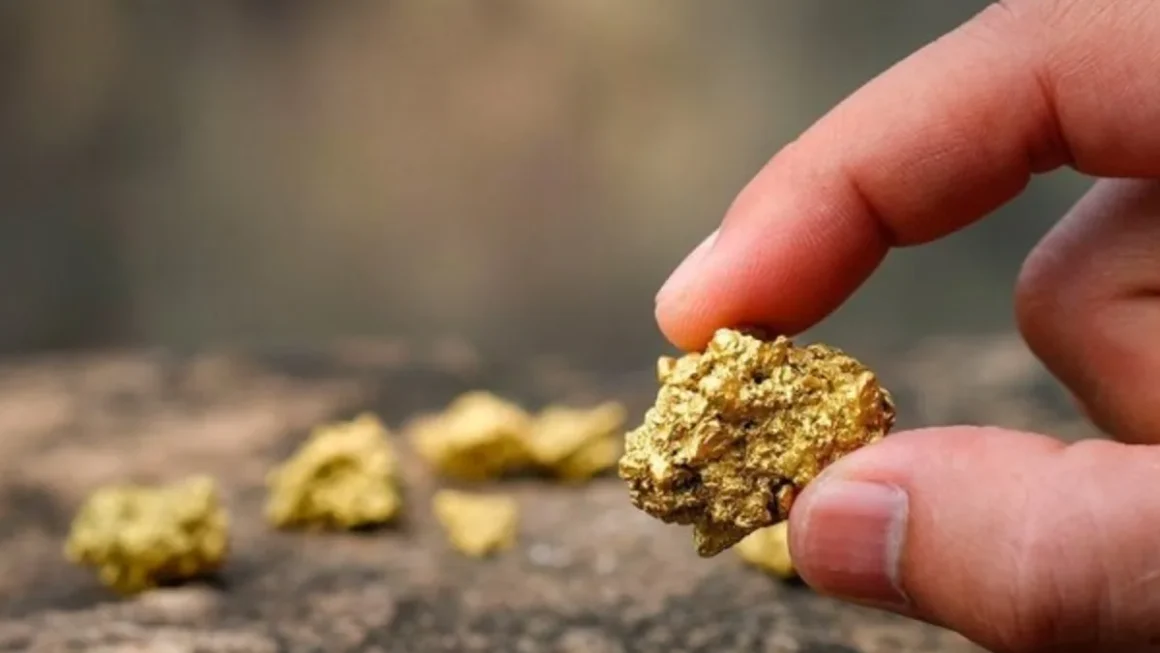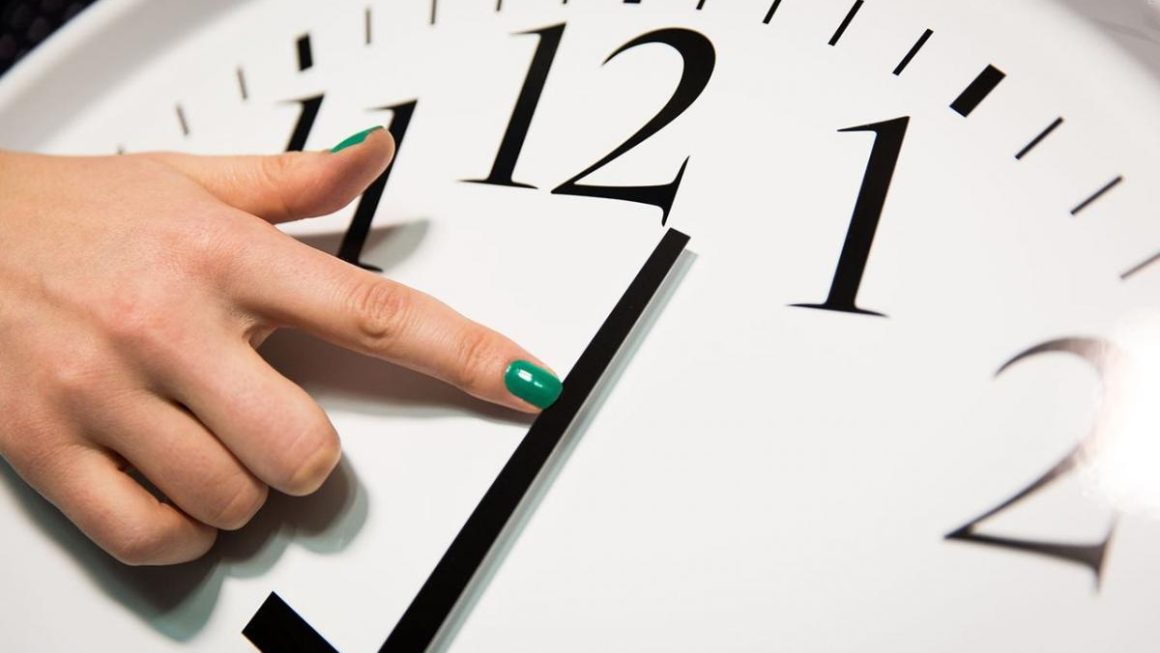The combination of these common ingredients combats oxidation in iron and steel, protects the integrity of the parts and helps prevent corrosion
The appearance of rust on metal objects is a frequent challenge in home maintenance, but a combination of common kitchen ingredients can offer an effective and affordable solution.
Baking soda, white vinegar, and lemon juice make up a mixture that not only removes rust, but also helps delay its reappearance, providing an economical and environmentally friendly alternative for restoring tools, furniture, and other metal items.
Oxidation, a chemical process that affects metals, occurs when iron comes into contact with oxygen and moisture, creating a reddish or orange layer known as rust. This layer weakens the structure of the metal, making it more susceptible to fractures or corrosion.
Although materials such as stainless steel are more resistant to this phenomenon, iron and common steel are particularly vulnerable, requiring early intervention at the first signs of deterioration.
The presence of rust on surfaces makes them more prone to fractures and corrosion.
Ingredients:
- ½ cup of white vinegar
- 1 tablespoon of bicarbonate of soda
- Juice of half a lemon
- A stiff bristle or wire brush
- A clean cloth
Instructions:
- Prepare the mixture: in a bowl, mix the white vinegar with the lemon juice. Gradually add the bicarbonate of soda (do this slowly, as it may bubble when it reacts with the acids).
- Apply to the rusted area: using a paintbrush or directly with the brush, cover the affected area with the mixture.
- Leave to act: allow the mixture to rest for 30 minutes to an hour. In cases of very stubborn rust, you can leave it on for longer.
- Scrub with the brush: after the waiting time, scrub the surface vigorously to remove the rust.
- Rinse and dry thoroughly: clean with a damp cloth or rinse with water and dry completely to prevent further rusting.
The effectiveness of the homemade mixture lies in the complementary action of its components. White vinegar, thanks to its acetic acid content, acts by dissolving the rust adhered to the surface. For its part, baking soda acts as a mild abrasive, facilitating the removal of rust without damaging the metal and, at the same time, neutralising residual acidity, which protects the integrity of the treated piece. Lemon juice, rich in citric acid, enhances the effect of vinegar and provides a shiny finish after cleaning.

The use of white vinegar, baking soda, and lemon juice allows you to clean and protect metal surfaces.
In situations where the rust is deeply embedded, it may be necessary to repeat the procedure or resort to gentle sanding before applying the mixture.
To prevent new layers of rust from forming, it is recommended to protect metal surfaces with a film of oil, wax, or anti-corrosive paint. It is essential to avoid using this solution on delicate metals or electronic devices, as it could negatively affect their components.
The use of this homemade formula is not only safer for application in enclosed or poorly ventilated spaces, but also represents a more environmentally friendly and budget-friendly option.
The possibility of restoring metal objects without resorting to harsh chemicals expands the alternatives for home care and extends the life of tools, hinges, or garden furniture.




